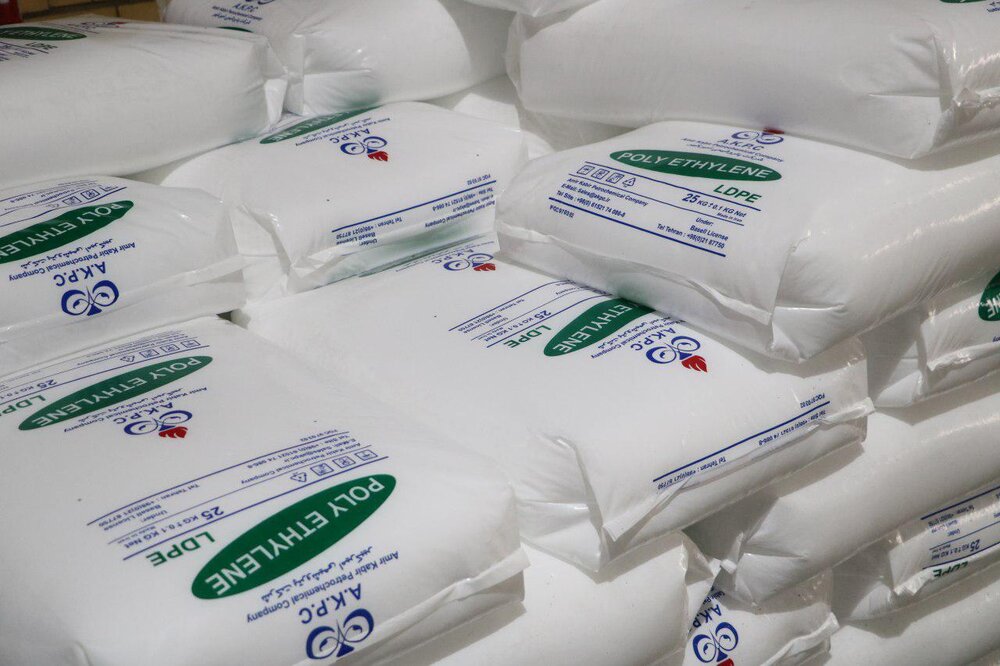Prices of refinery feedstock modified fairly: Zanganeh

TEHRAN – Iranian Oil Minister Bijan Namdar Zanganeh has said that the process for pricing of the feedstock for the country’s refineries has been modified so that all refineries can access their required feed with a fair price.
“Regulations on determining the prices for selling crude oil and feedstock to refineries and purchasing products from them were amended in a fair way that is in line with the interests of both the government and the refineries,” Zanganeh told IRIB.
Pointing out that the price of crude oil and feedstock for refineries was determined based on the FOB price of the Persian Gulf nations in the past, Zanganeh said: “Currently, the Persian Gulf FOB prices do not match the reality of the Iranian market.”
The Oil Minister also announced the inauguration of several new projects in the upcoming week and said that one of these projects will be inaugurated in Kermanshah province.
In early July, Oil Ministry announced that the base price of ethane, which is a major feedstock for petrochemical complexes, was reduced by 10 percent.
The decision for amending the petrochemical feed prices comes as the global oil prices have fallen significantly due to the outbreak of the coronavirus and consequently the value of other products like petrochemicals has also declined in global markets.
Back in September 2019, Managing Director of Iran’s National Petrochemical Company (NPC) Behzad Mohammadi said the feedstock consumption by petrochemical complexes is going to reach equal to 1.7 million barrels per day (bpd) of oil by 2025.
The official said that last year (ended on March 19) the petrochemical industry received 35 million tons of feedstock equivalent to 800,000 barrels of crude oil per day from the oil industry.
According to Mohammadi, by the realization of the second leap in the country’s petrochemical industry, 62 million tons per year of feedstock (equal to 1.4 million bpd of crude oil) would be supplied to the sector by 2021.
“This figure will reach 1.7 million bpd by 2025 when the third leap in the industry is realized,” he said.
The petrochemical industry plays a crucial role in Iran’s non-oil economy, as the petrochemical export is the second-largest source of revenue for the country after crude oil. Petrochemical exports already constitute nearly 33 percent of the country’s non-oil exports.
EF/MA
